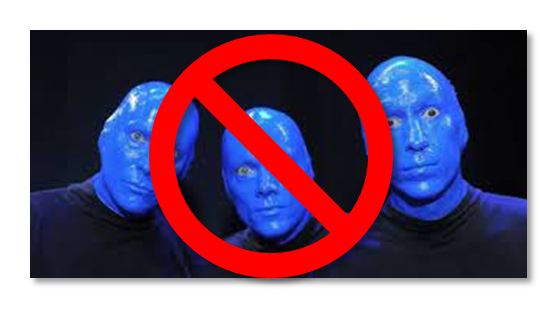Is Blue Bad
Some studies have indicated that exposure to as little as 2 hours of blue light can slow the natural production of Melatonin and can cause phototoxicity (skin and/or eyes become sensitive to light and can blister) and WebMD, source of much incorrect medical information, states “Blue light exposure might raise your risk for certain cancers”, but exposure to blue light during the day may have the opposite effect. It’s used to treat seasonal affective disorder (SAD), a form of depression related to the changing of the seasons. All in there is very little conclusive evidence that blue light (in moderate doses) is harmful, but it can be a rallying cry for CE companies that wish to present a woke face to consumers.
Apple (AAPL) has been a big fan of blue light reduction, having added a feature called ‘Night Shift’ to iOS in 2016 that shifts the display’s color mix toward ‘warm’ when it senses diminished external light. Android phones picked up a similar feature soon after and almost all smartphones now have a ‘night mode’ that is supposed to help you sleep better. However, a number of studies have indicated that the color shifting feature has little if any benefit, with an examination of whether Night Shift reduced the adverse effects of nighttime iPad use at the Lighting Research Center at Rensselaer Polytechnic Institute finding that the feature did avoid melatonin suppression more that the default settings, but not enough to make any appreciable difference in sleep quality.
In April a study (Kara M. Duraccio PhD, 2021) at Brigham Young University sampled 167 adults (18 – 24) with iPhones that were randomly assigned one of three conditions – iPhone use during the hour preceding bedtime with Night Shift enabled, the same with Night Shift disabled, and no phone use. The participants were tested for seven nights with the outcome that there were no significant differences in sleep outcomes across the three conditions. Further, for those averaging more than 6.8 hours of sleep per night, the ‘no phone’ condition generated the best results, and for those sleeping less than 6.8 hours/night there was no difference under any of the conditions, essentially concluding it is better not to use your phone before you go to bed, but not because of blue light issues.
While we have no documentation to prove our theory, we believe that while blue light might have a minuscule effect on potential sleep conditions, more likely is the mental tension derived from e-mails, texts, checking Instagram, and the host of other obsessive behavior that smartphones and social media has instilled in us. Rather than drifting off into a night of restful sleep, we are thinking about whether that last post was really ‘about you’ or whether it was just a generally stupid comment. Remember books? They don’t generate blue or any other kind of light and a well-chosen one can work better than an Ambien. “I think it’s good that books still exist, but they do make me sleepy” – Frank Zappa – The Real Frank Zappa Book.

 RSS Feed
RSS Feed